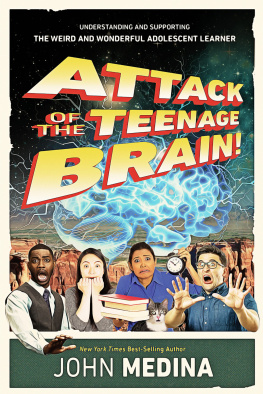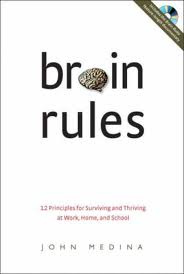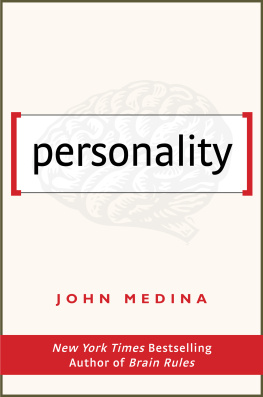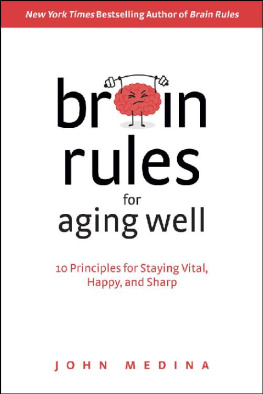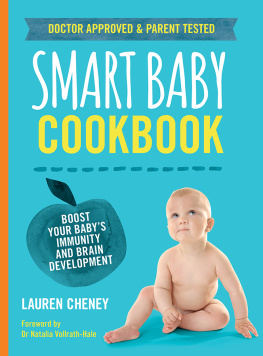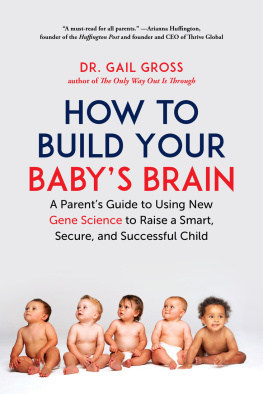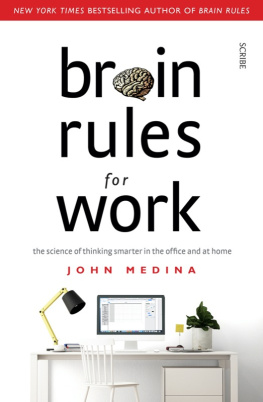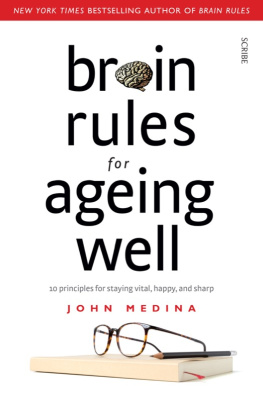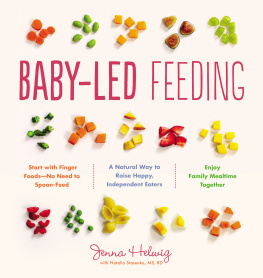John Medina - Brain Rules for Baby: How to Raise a Smart and Happy Child from Zero to Five
Here you can read online John Medina - Brain Rules for Baby: How to Raise a Smart and Happy Child from Zero to Five full text of the book (entire story) in english for free. Download pdf and epub, get meaning, cover and reviews about this ebook. year: 2010, publisher: Pear Press, genre: Children. Description of the work, (preface) as well as reviews are available. Best literature library LitArk.com created for fans of good reading and offers a wide selection of genres:
Romance novel
Science fiction
Adventure
Detective
Science
History
Home and family
Prose
Art
Politics
Computer
Non-fiction
Religion
Business
Children
Humor
Choose a favorite category and find really read worthwhile books. Enjoy immersion in the world of imagination, feel the emotions of the characters or learn something new for yourself, make an fascinating discovery.

- Book:Brain Rules for Baby: How to Raise a Smart and Happy Child from Zero to Five
- Author:
- Publisher:Pear Press
- Genre:
- Year:2010
- Rating:4 / 5
- Favourites:Add to favourites
- Your mark:
- 80
- 1
- 2
- 3
- 4
- 5
Brain Rules for Baby: How to Raise a Smart and Happy Child from Zero to Five: summary, description and annotation
We offer to read an annotation, description, summary or preface (depends on what the author of the book "Brain Rules for Baby: How to Raise a Smart and Happy Child from Zero to Five" wrote himself). If you haven't found the necessary information about the book — write in the comments, we will try to find it.
Brain Rules for Baby: How to Raise a Smart and Happy Child from Zero to Five — read online for free the complete book (whole text) full work
Below is the text of the book, divided by pages. System saving the place of the last page read, allows you to conveniently read the book "Brain Rules for Baby: How to Raise a Smart and Happy Child from Zero to Five" online for free, without having to search again every time where you left off. Put a bookmark, and you can go to the page where you finished reading at any time.
Font size:
Interval:
Bookmark:
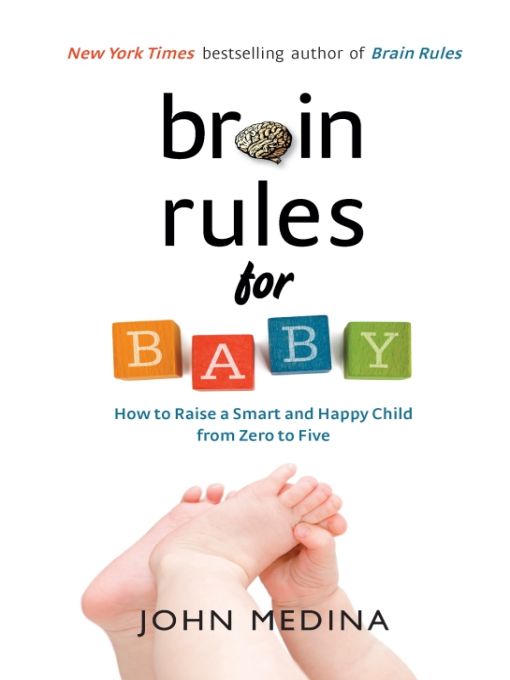
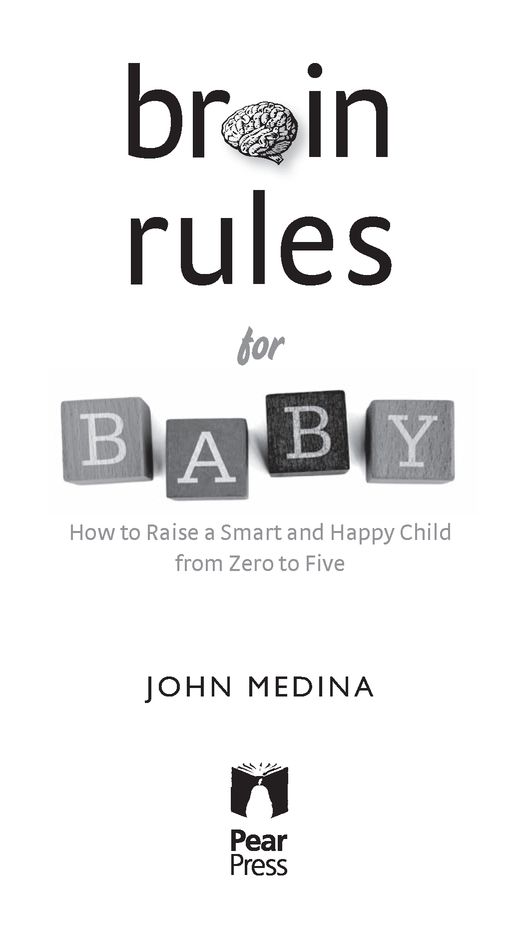

Stressed mom, stressed baby
Eat right, stay fit, get lots of pedicures

The brain seeks safety above all
What is obvious to you is obvious to you

Intelligence is more than IQ
Face time, not screen time
Praise effort, not IQ
Guided playevery day
Emotions, not emoticons

Emotions are just Post-it notes
Empathy makes good friends
Empathy soothes the nerves
Labeling emotions calms big feelings

Discipline + warm heart = moral kid
Let your yes be yes and your no be no
Font size:
Interval:
Bookmark:
Similar books «Brain Rules for Baby: How to Raise a Smart and Happy Child from Zero to Five»
Look at similar books to Brain Rules for Baby: How to Raise a Smart and Happy Child from Zero to Five. We have selected literature similar in name and meaning in the hope of providing readers with more options to find new, interesting, not yet read works.
Discussion, reviews of the book Brain Rules for Baby: How to Raise a Smart and Happy Child from Zero to Five and just readers' own opinions. Leave your comments, write what you think about the work, its meaning or the main characters. Specify what exactly you liked and what you didn't like, and why you think so.

